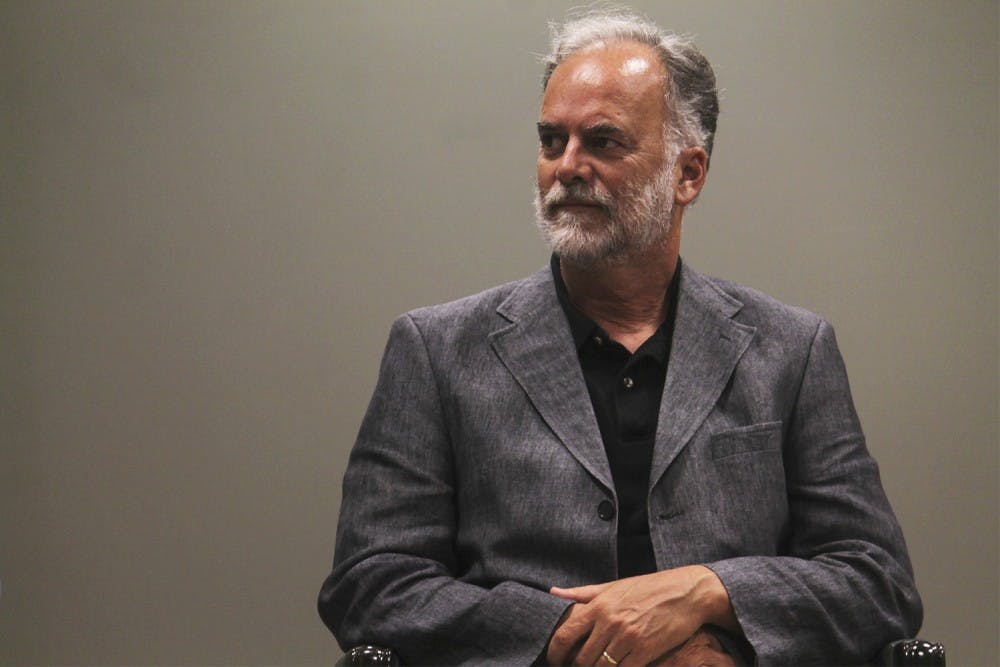The event, which took place in Wilson Library and was sponsored by the Center for Urban and Regional Studies and the Institute of African American Research, featured an open discussion of the lessons that can be learned from the events in Ferguson.
Theodore Shaw, a panelist and director of the UNC Center for Civil Rights, said urban rebellions in predominantly black communities — like the Ferguson protests — have historically been the result of racial tensions.
“This is not new, nor is it unprecedented,” Shaw said.
UNC political science professor Frank Baumgartner agreed with Shaw, saying there is an identifiable relationship between police ticketing and race.
“Every generation rediscovers something that is perennial,” Baumgartner said.
The panelists, whose fields ranged from history to psychology, touched on several underlying factors — such as social, political and economic inequalities — that contributed to unrest in Ferguson.
Using the situation in Ferguson as a starting point, the panel discussed the long history of race relations in the U.S. and the realities that continue to exist today.
The panelists were given the floor to present the various factors contributing to racial violence across the country.




